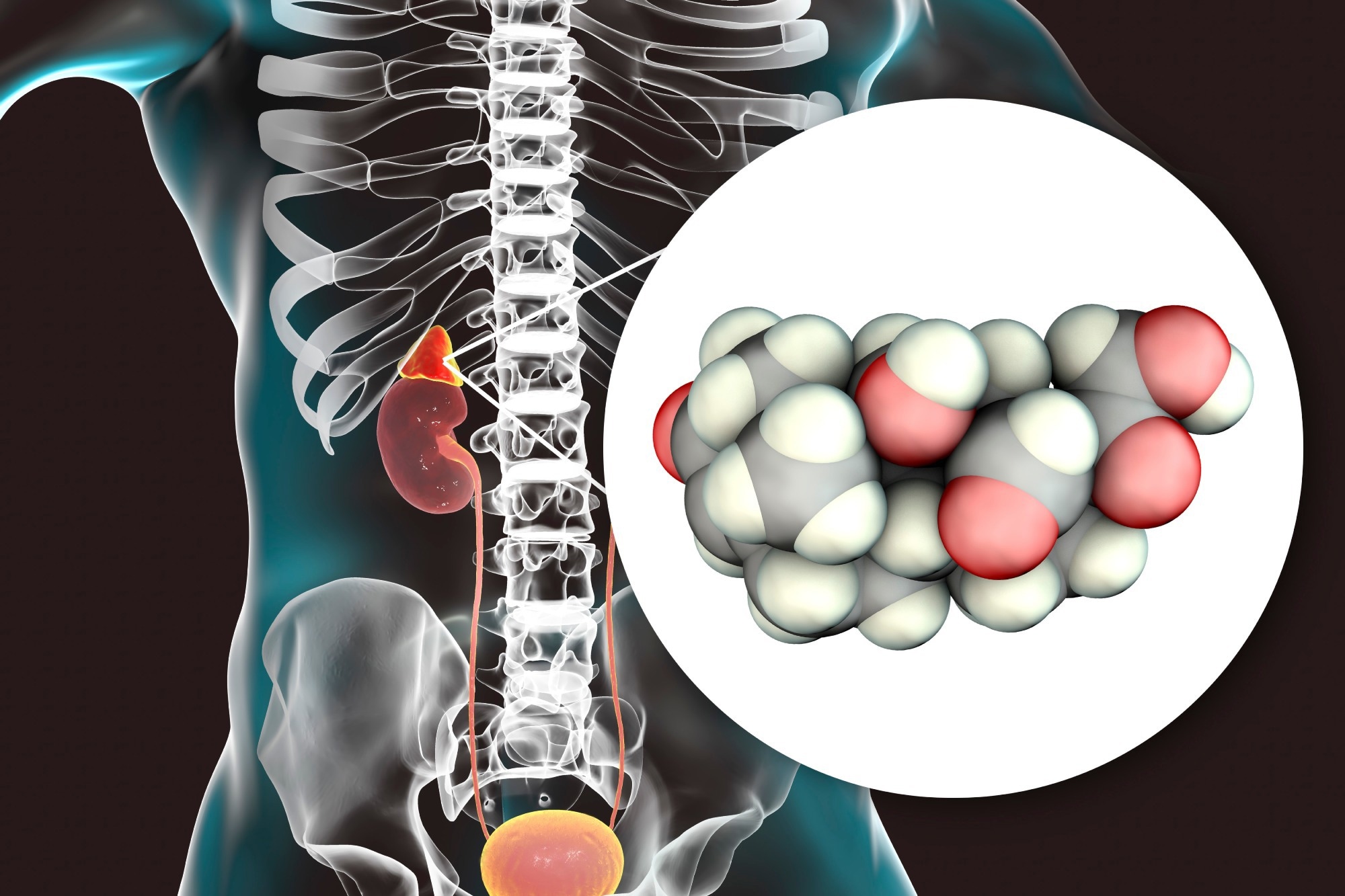Type 2 diabetes (T2D) incidence continues to rise among African Americans (AAs). However, it has been observed to plateau among non-Hispanic whites (NHWs). Moreover, T2D-associated mortality and morbidity have also been reported to be higher among AAs than NHWs. Therefore, examining novel factors to understand the disparities in prevalence, incidence, and mortality in TSD among AAs is essential.
One such risk factor is aldosterone which has been observed to be associated with a higher incidence of cardiovascular disease (CVD), diabetes, and all-cause mortality among AAs. The American Heart Association introduced a set of 7 cardiovascular health metrics in 2010, divided into 4 health behaviors (diet, physical activity, weight, and smoking) and 3 health factors (glycemia, total cholesterol, and blood pressure). The stratification of the individual components took place into ideal, poor, and intermediate levels, followed by their stratification into scoring systems.
The REasons for Geographic And Racial Differences in Stroke (REGARDS) study, the Multi-Ethnic Study of Atherosclerosis, and the Jackson Heart Study (JHS) reported an association of higher ICH (ideal cardiovascular health) metrics with lower risk of diabetes incidence among AAs. Moreover, higher ICH was reported to be associated with lower aldosterone among AAs in the JHS. However, research on the potential mediating effect of aldosterone in the association of ICH with T2D incidence is limited. Aldosterone reductions may be the mechanism through which higher ICH lowers the incidence of T2D.
A new study in the American Journal of Preventive Cardiology aimed to analyze the role of aldosterone as a mediator in the association of ICH with T2DF incidence among AAs in the JHS. The association of aldosterone with T2D incidence among AAs was also analyzed using glucose and blood pressure as mediators.
 Study: The Role of Aldosterone and Ideal Cardiovascular Health in Incident Diabetes: The Jackson Heart Study. Image Credit: Kateryna Kon / Shutterstock
Study: The Role of Aldosterone and Ideal Cardiovascular Health in Incident Diabetes: The Jackson Heart Study. Image Credit: Kateryna Kon / Shutterstock
About the study
The study involved 5,306 AA adults from the JHS study who were aged between 21 and 94 years. Baseline and enrolment examinations were carried out between 2000 and 2004, while two in-person follow-up examinations took place between 2005 and 2008 as well as in 2009 and 2013. The primary exposure involved assessment of ICH using 5 of the 7 ICH metrics, total cholesterol, body mass index (BMI), physical activity (PA), diet, and cigarette smoking status.
Measurement of total cholesterol took place by the cholesterol oxidase method. Body mass index was calculated by dividing weight (kilograms) by the square of height (meters). Physical activity assessment (PA) was assessed using an interviewer-administered PA questionnaire at baseline. Smoking was self-reported where participants were asked about the duration and quantity of smoking. Diet assessment took place using the Delta Nutrition Intervention Research Initiative food frequency questionnaire. Evaluation of each baseline metric took place separately using ideal, poor, and intermediate categories.
Fasting blood samples were collected from all the participants to measure aldosterone by radioimmunoassay. Blood pressure measurement occurred twice at the 5-minute interval, and fasting plasma glucose was measured by the glucose oxidase colorimetric method. Definition of T2D involved fasting blood glucose ≥ 126 mg/dl, HbA1c ≥ 6.5%, taking diabetes medications, or with a self-reported physician diagnosis. Information on education, occupation, demographics, current prescription medication usage, alcohol use, and estimated glomerular filtration rate (eGFR) was also collected.
Study findings
The results indicated that a total of 2,791 participants were included in the study, of which 2,364 had 0 to 2 ICH components while 427 had ≥3 ICH components. The latter participants were observed to have higher levels of education, renal function, and professional occupational status and lower levels of systolic BP, fasting glucose, total cholesterol, and BMI. Median serum aldosterone levels were reported to be 4.00 ng/dL in ≥3 ICH participants and 4.3 ng/dL in the 0 to 2 ICH participants. In addition, 447 cases of diabetes were reported in the 0 to 2 ICH categories and 50 in the ≥3 ICH categories over the follow-up period.
The participants belonging to the ≥3 ICH categories were reported to have a 37 percent lower risk of diabetes. 6.98% of the effect of the five ICH metrics was reported to be mediated by aldosterone. An increase in aldosterone was observed to be associated with a higher risk of diabetes. Moreover, the effect of aldosterone on diabetes was observed to be mediated through fasting glucose and BP. Significant interactions of eGFR, age, and sex were observed for 3 ICH components with the incidence of diabetes. Participants with 2 ICH metrics were observed to have a 20% lower while participants with ≥3 ICH metrics had a 44% lower risk of diabetes compared to participants with 0-1 ICH metrics.
Therefore, the current study demonstrates that aldosterone can mediate the association of ICH with incident diabetes among AAs. Therefore, targeting aldosterone for primary prevention and introducing specific lifestyle interventions can reduce the risk of diabetes. Further research is required to evaluate aldosterone and other biological factors in the development of T2D.
Limitations
The study has certain limitations. First, the results of the study are not generalizable. Second, no other racial/ethnic groups are included in the study for comparison. Third, the study could not include renin and other potential factors that might influence the RAAS system and aldosterone.